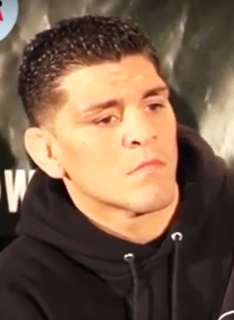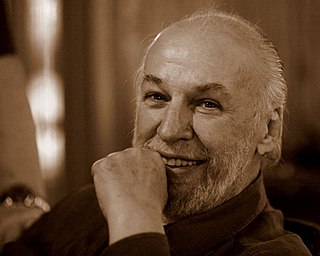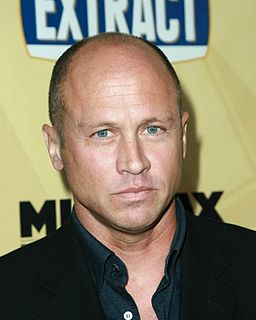A Quote by Bill Moyers
Unless you're willing to fight and refight the same battles until you go blue in the face, drive the people you work with nuts going over every detail to make certain you've got it right, and then take hit after unfair hit accusing you of bias, there's no use even trying. You have to love it, and I do. You just hope it strikes a spark somewhere in the critical mass of public opinion and helps some people to resist further the seductions of political and corporate advertising.
Quote Topics
Accusing
Advertising
After
Battles
Bias
Blue
Certain
Corporate
Critical
Critical Mass
Detail
Drive
Even
Every
Face
Fight
Further
Go
Going
Got
Helps
Hit
Hope
Just
Love
Make
Mass
Nuts
Opinion
Over
People
Political
Public
Public Opinion
Resist
Right
Same
Some
Some People
Somewhere
Spark
Strikes
Take
Then
To Love
Trying
Unfair
Unless
Until
Use
Willing
Work
Related Quotes
Usually I'll drive to certain locations over and over again, over a course of months really. And then it might just be I hit it at the right time, and the right light. And then I might go to that location over and over again, and then what happens in that lag time where - the image sort of locks in - all of a sudden I see it in my mind's eye.
Someone came up to me and told me that [his opponent's] knee was hurt, and he said to me, attack his knee, I'm like, 'Yeah right, I'm not going out to attack this guy's knee.' It just doesn't … it's not realistic to go after his injury, unless they got a cut the same week, then it's like, yeah, hit him in the eye, because the [expletive] is going to re-open and now you wouldn't fight on the cut. Maybe on a cut you want to take advantage of it, that makes sense.
I realize that my opinion is my opinion, not everybody has to believe it and I never tried to shove anything down anyone's throat, but I was willing to take that to the trenches if you know what I mean. I took that opinion to the wall, often in public, often had to... I often had to fight in public with the very same people who I was trying to convince to play my records!
It's true, I do sometimes suspend myself over the canvas, but mostly I work at a table when I'm making a painting. When I use 'The Rig,' my feet are firmly anchored. I lower myself horizontally just long enough to make a brush stroke - a matter of seconds - and then I'm upright again. My assistant then erases the painting quickly with a squeegee and I go for it again... until I get it right. It's like trying to hit a home run.
It kind of hit me at some point during the process that most people in the film business - not just the executives, the people who make them, too - tend to come from pretty upper-class backgrounds. If they go work a job, it's to have that experience, that sort of thing. After they graduate college, they have time to go visit Europe and take some time off and get their heads together. That kind of thing, I sure didn't have.
Advertising and the free society are closely connected. Advertising helps to make a free society remain so by increasing competition, and by helping to maintain the freedom of the mass media themselves. The free society is one where advertising and advertising agencies are likely to be in considerable demand, though it is true that even in a totally centralist society there would still be a need for organisations and people to have access to mass communication media.

































